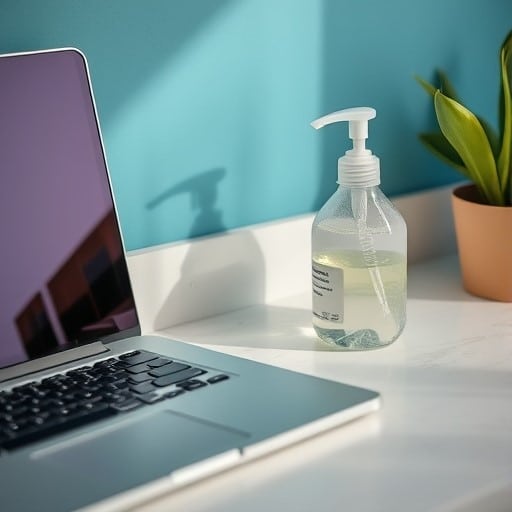Now that we’re a couple of weeks into the new year, how are your New Year’s resolutions coming along? Are you exercising regularly and keeping to that healthy diet? Or have you already abandoned your resolution and retreated to your old ways? Regardless of what your resolution may have been (or is), one common goal amongst all is a form of self-betterment. That’s why, with our first post of 2019, we’d like to share with you ways to get more organized and stay more productive while at work.
Schedule Time for Emails
It’s been estimated that the average worker will spend over 2 hours a day reading and answering emails. If you work a typical 8 hour day, that’s more than 25% of your day – and even more if your lunch hour is included within those 8 hours! Additional studies have shown that it can take over 20 minutes to get back to your original task once interrupted by something, such as email. Due to this, we suggest allocating a specific time of day for answering emails – such as the first and last hours of your day (or whatever you find works best for you) – in order to maintain high levels of productivity.
Of course, if you’re in a client/customer facing role – such as a sales position – this may not be possible. In that case, our advice is to prioritize which messages are in need of immediate response and those which can wait.
Silence Your Phone
Limiting your screen time can be a simple and highly effective way of becoming more productive. But again, if you are in a client/customer facing role, this may not be possible. However, there are plenty of technical positions (developers, programmers, engineers, etc.) where the use of a phone is not necessary. In these cases, your phone is only serving as a distraction. So, our advice is to turn your phone to silent and place it face down in a drawer, checking it only intermittently.
Move More, Sit Less
Sitting behind a desk all day can be harmful in more ways than one. Studies have linked excessive sitting with obesity, type 2 diabetes, some forms of cancer, and even early death. It’d be pretty hard to be productive while six feet under. So instead, stand up every hour, even if just for a few minutes. If you receive a call, take it on your feet. Go for a walk at lunch and park a little further from the front door. If you work in an office, use a small container for water rather than a larger one. This will help remind/force you to get up and move around more often. And if you’re drinking a lot of water – which helps improve concentration and cognition – you won’t need any reminders to tell you to get up, your body will remind you on its own.
Purchase a Desk Plant
It may sound silly, but according to the University of Exeter in England, plants can improve well-being by up to 47% and enhance creativity by 45%. Plus, they’ll add some life – literally – and personality to your desk.
Don’t have a green thumb? Buy a succulent – they hardly need watering.
Reduce Stress & Get More Sleep
Excuse us as we get a bit scientific. The prefrontal cortex, in scientific terms, is the cerebral cortex covering the front part of the frontal lobe. This brain region has been implicated in planning complex cognitive behavior, personality expression, and moderately social behavior. In addition, it’s responsible for keeping us focused, handling short-term memory, decision making, and solving abstract problems. When overloaded – such as when stress levels are high – it functions at suboptimal levels. That means finding ways to reduce your stress levels is imperative. Consider a workout regimen (swimming, walking, running, lifting, etc.), yoga, or even meditation. Find out what works for you to reduce your stress and then do it.
Finally, get a good night’s rest. Getting more sleep helps your brain manage energy better. Sleep deprivation is another form of stress, whether you realize it or not, and it impairs how the body and brain use energy. A tired body and brain, does not make for a productive one of either. So set a regular bedtime and try to get to bed at a reasonable time every night. Your body, and brain (and boss), will thank you.
If you can stick to these relatively straight forward tasks, you’ll be well on your way to a more productive 2019.








